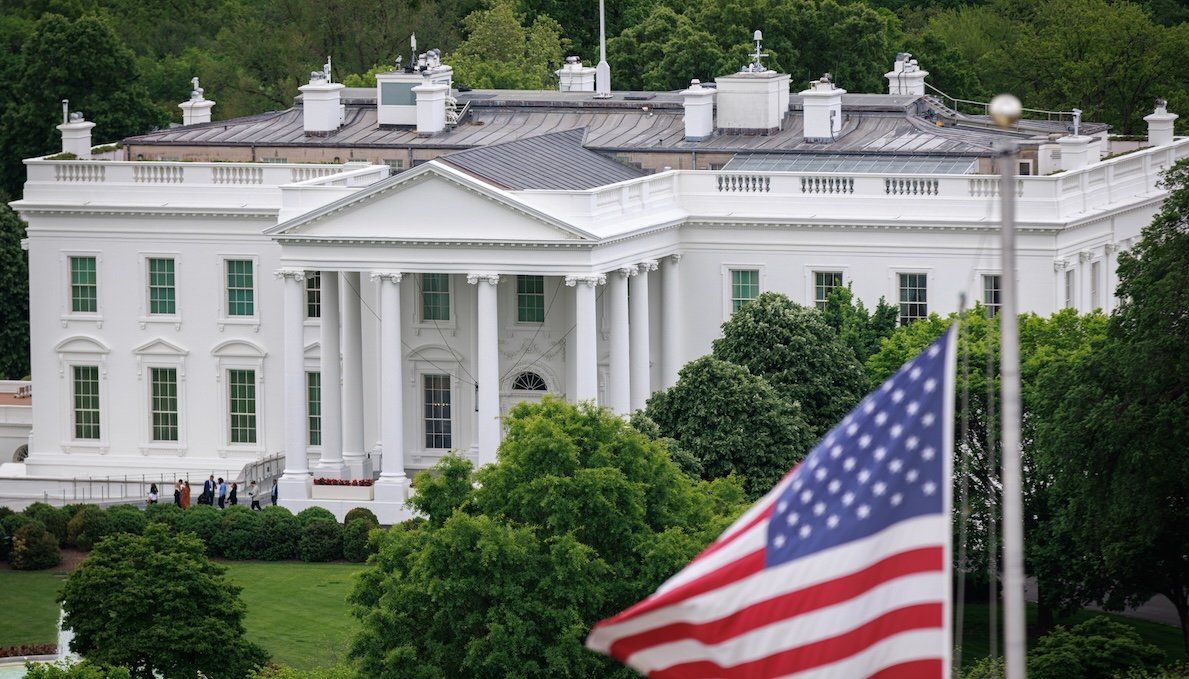Judge declares White House in defiance of court order on blocked funds
The White House is seen from a nearby building rooftop.
The dispute centers on a White House memo that froze federal funds until they aligned with Trump’s priorities. The Justice Department argues that the administration’s actions are lawful because the money still being blocked was allocated for clean energy projects and transportation infrastructure under Joe Biden’s Inflation Reduction Act, which was stopped under a different executive order signed on Trump’s first day in office. This, they say, is separate from the memo freezing federal funds across the board.
McConnell ordered the government to “immediately restore frozen funding.” But the judge’s statement came a day after Vice President JD Vance posted that judges shouldn't control executive power, as the White House faces a series of blocked court cases – including ending birthright citizenship, restricting access to Treasury Department systems, and nearly 40 other lawsuits against the 53 executive orders he has signed so far.
If the White House does not back down or chooses to ignore the court’s orders, it could call into question whether the judicial branch has the power to constrain the executive, undermining the founding principle of checks and balances, and putting the country on the course toward a constitutional crisis.
